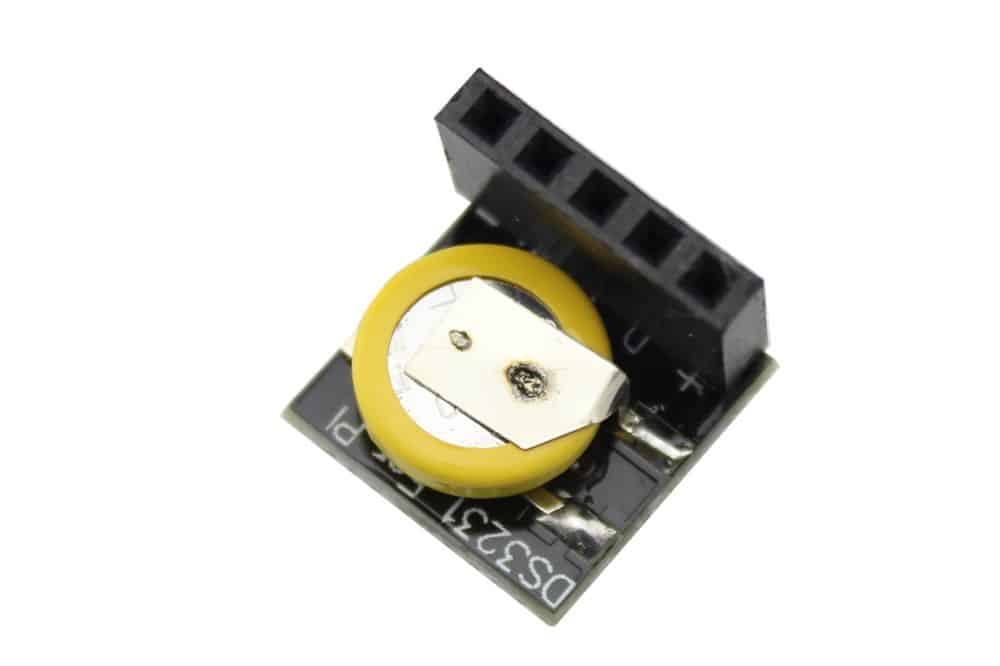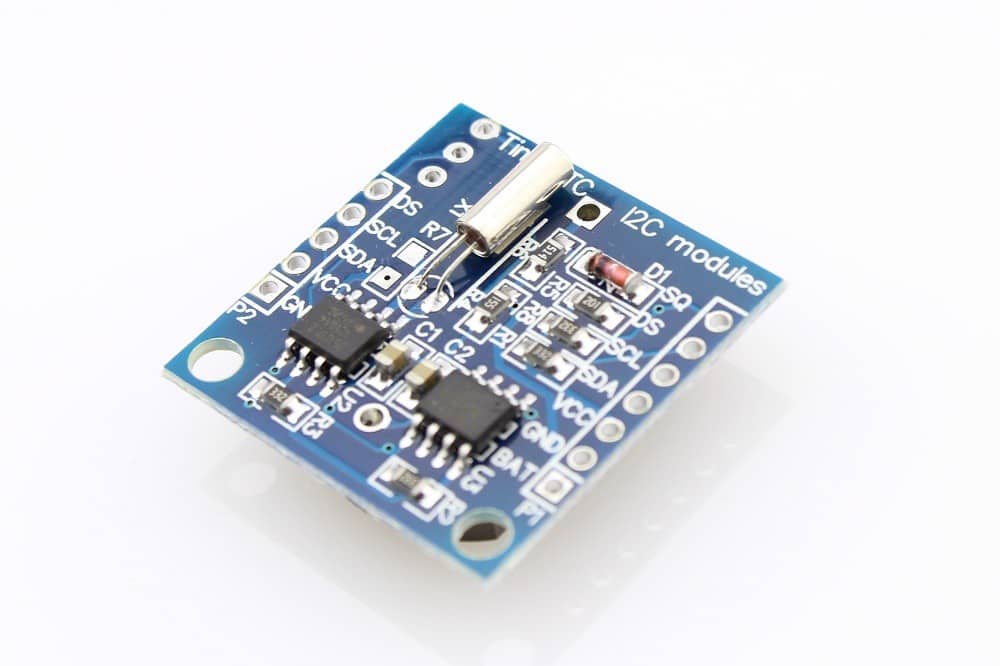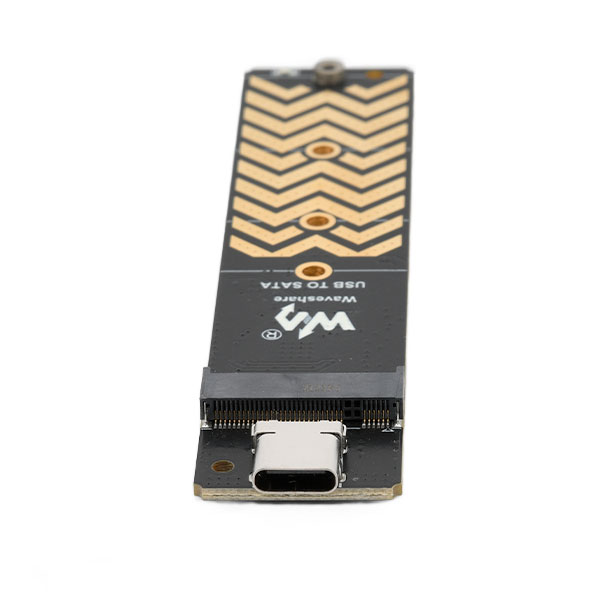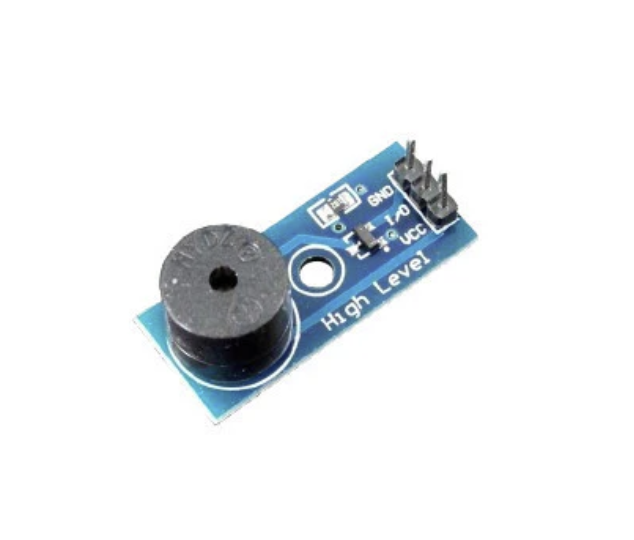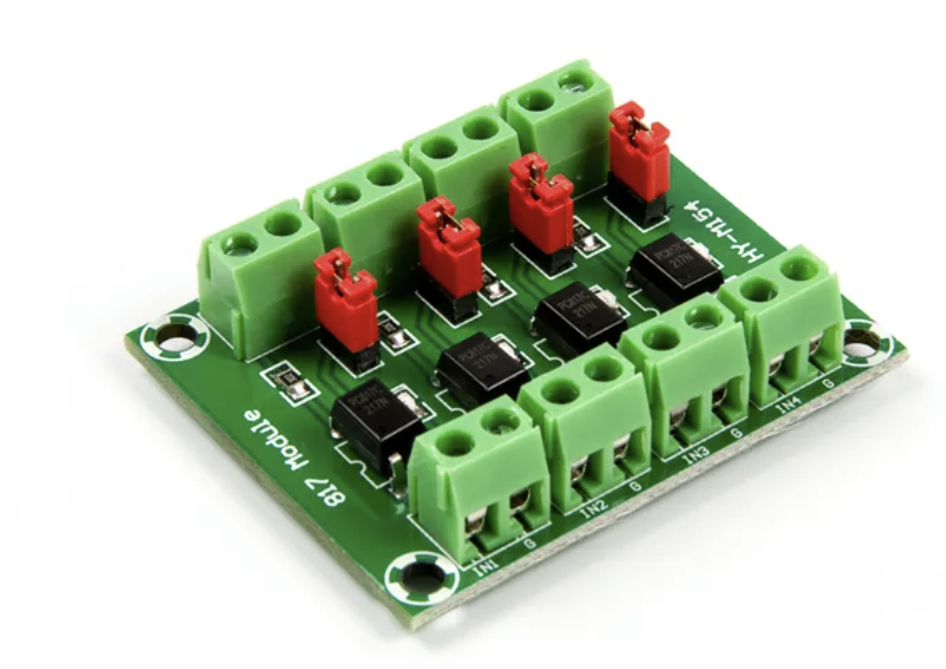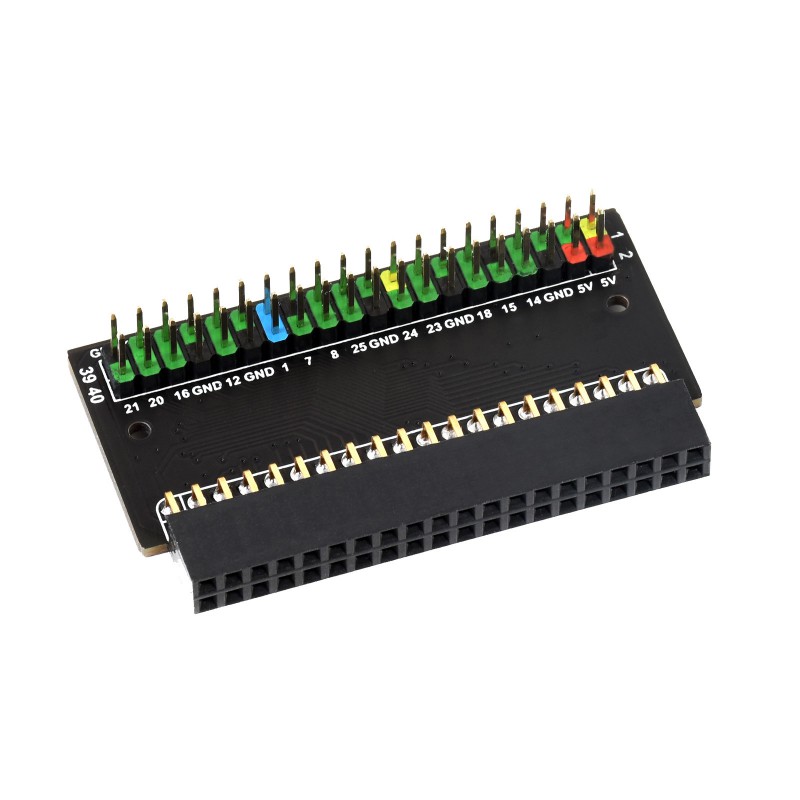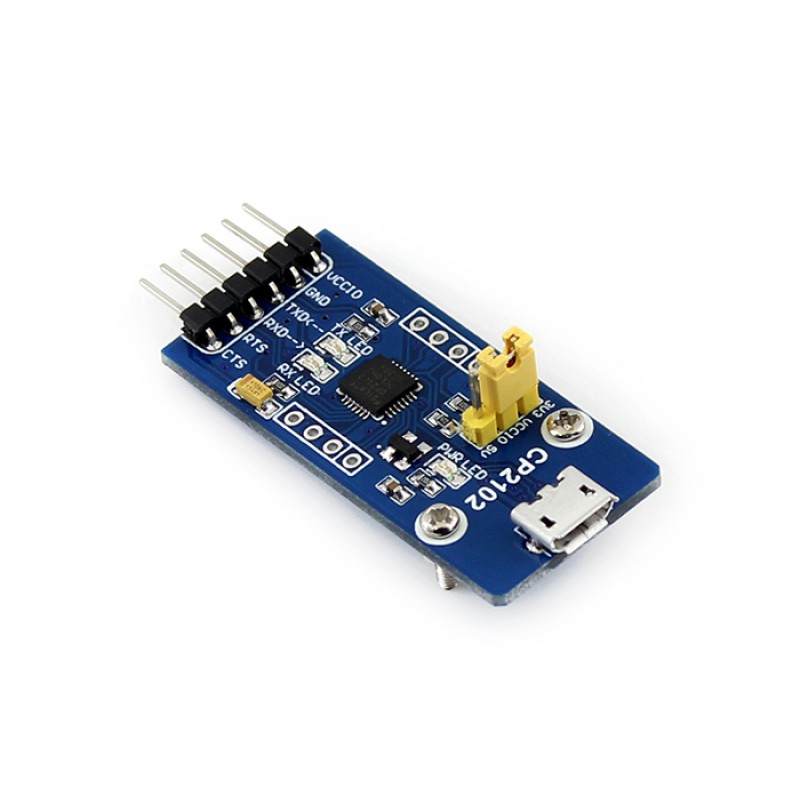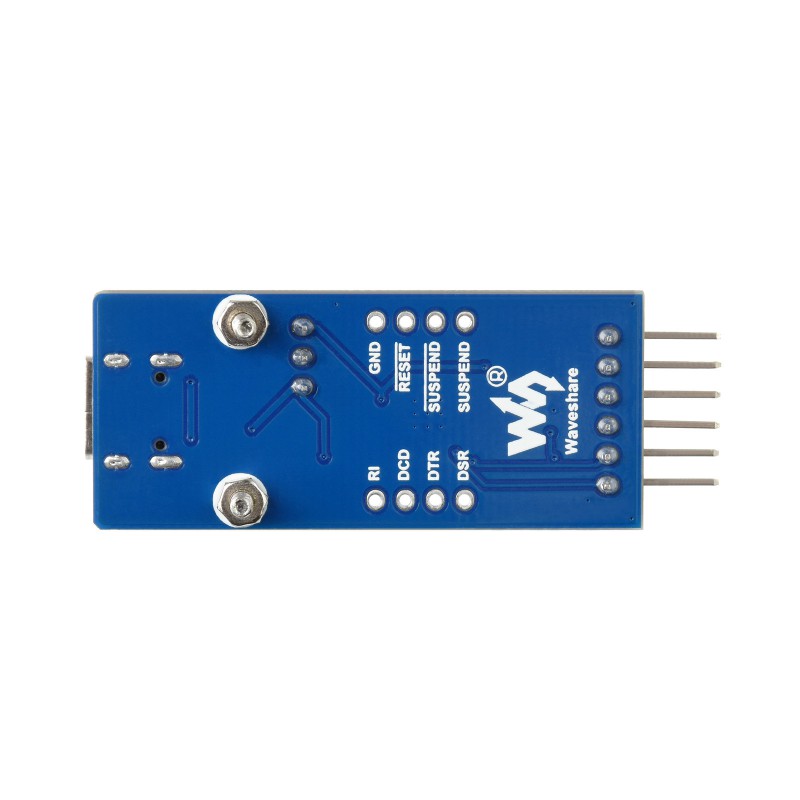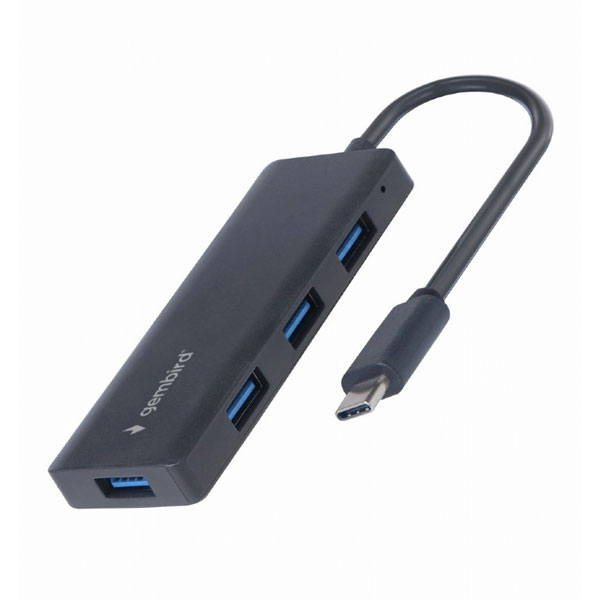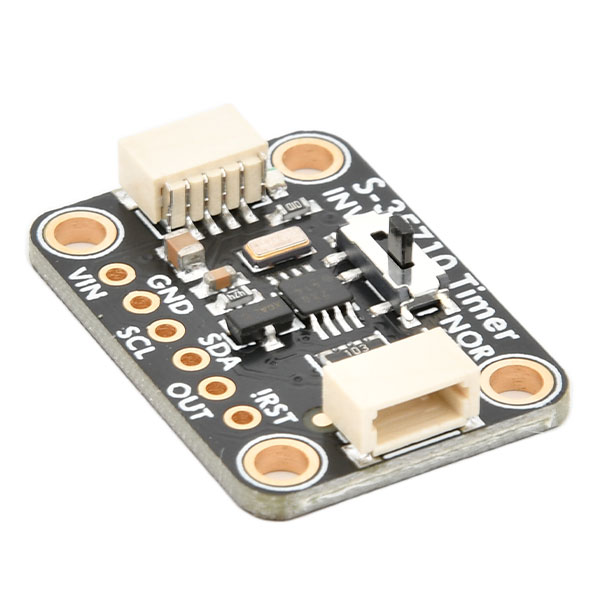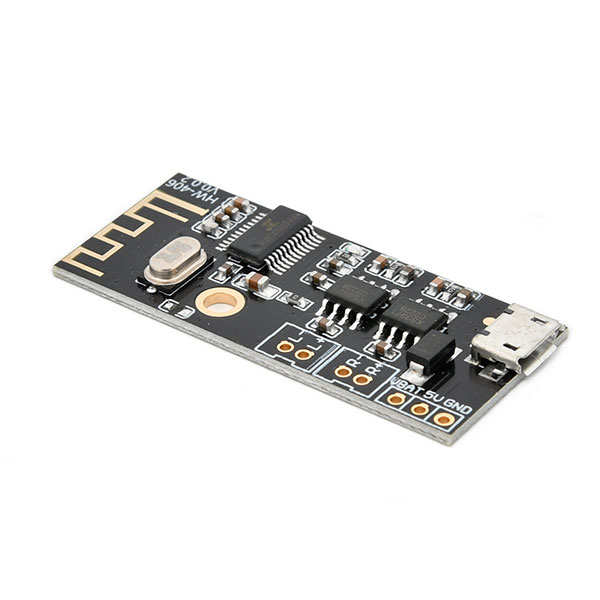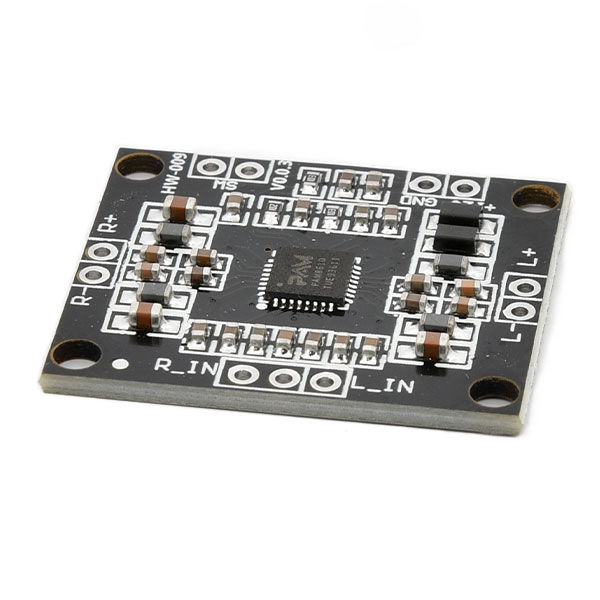5184+ reviews
Order by 16:00 for same day shipping
14 days return
EN
Individual
Business
Filters
Price
to
Sensortyp
Modules & Adapters
Modules and adapters are the building blocks of almost every electronics or IoT project. They add functionality to an existing system without having to build anything from scratch. Think temperature measurement, motor control or wireless communication. These ready-made components allow you to experiment, prototype and build working solutions faster. Whether you are a student, hobbyist or professional, modules and adapters are indispensable.
28 products found
Sort by:
Applications of popular modules
There are numerous modules, each with a specific task. Sensor modules convert physical values such as temperature, light or humidity into digital signals. A microcontroller can process these values. They are often used in weather stations, smart planters and alarm systems. Communication modules add wireless connectivity. Think of WiFi, Bluetooth or LoRa modules. With these, you can send measurement data to an app on your phone, for example.
There are also power management modules. Voltage regulators and charging modules ensure that your components receive power safely. They protect your project from voltage problems. Display modules make it possible to show data again. This can vary from simple text on an LCD to graphs on an OLED display. Thanks to these modules, showing information becomes easy.
All modules are designed to work well with development boards such as Arduino, ESP32 or Raspberry Pi . This means you don't have to solder or build complicated circuits. You simply click the module in and get started right away.
The role of adapters in electronics projects
Adapters are different from modules. Where modules add functionality, adapters provide connection and compatibility. They allow different components to work together, even if they do not fit directly together. A good example is a voltage converter. This adapts the signal from a 5V microcontroller for a 3.3V sensor.
Another commonly used adapter is USB to UART. This allows you to program or debug microcontrollers via your computer. Do you have older sensors with different connections? An adapter will help you to use them anyway. Breadboard adapters make it easy to place components with difficult pin layouts on a breadboard. This keeps your project stable, safe and flexible.
How do you choose the right module or adapter?
Start with a clear picture of your project. Look at the voltages and communication protocols you use. An I2C sensor is connected differently than an SPI module. Also check if the dimensions fit, especially with a small case or a full breadboard.
A good manual and available software libraries are important. They save you a lot of time. Therefore, choose modules that are well supported. Also pay attention to the reliability of the supplier. Good products are not only stable, but also come with help for technical questions. At Elektronica Voor Jou we like to think along with you. Together we find the right components for your project.
